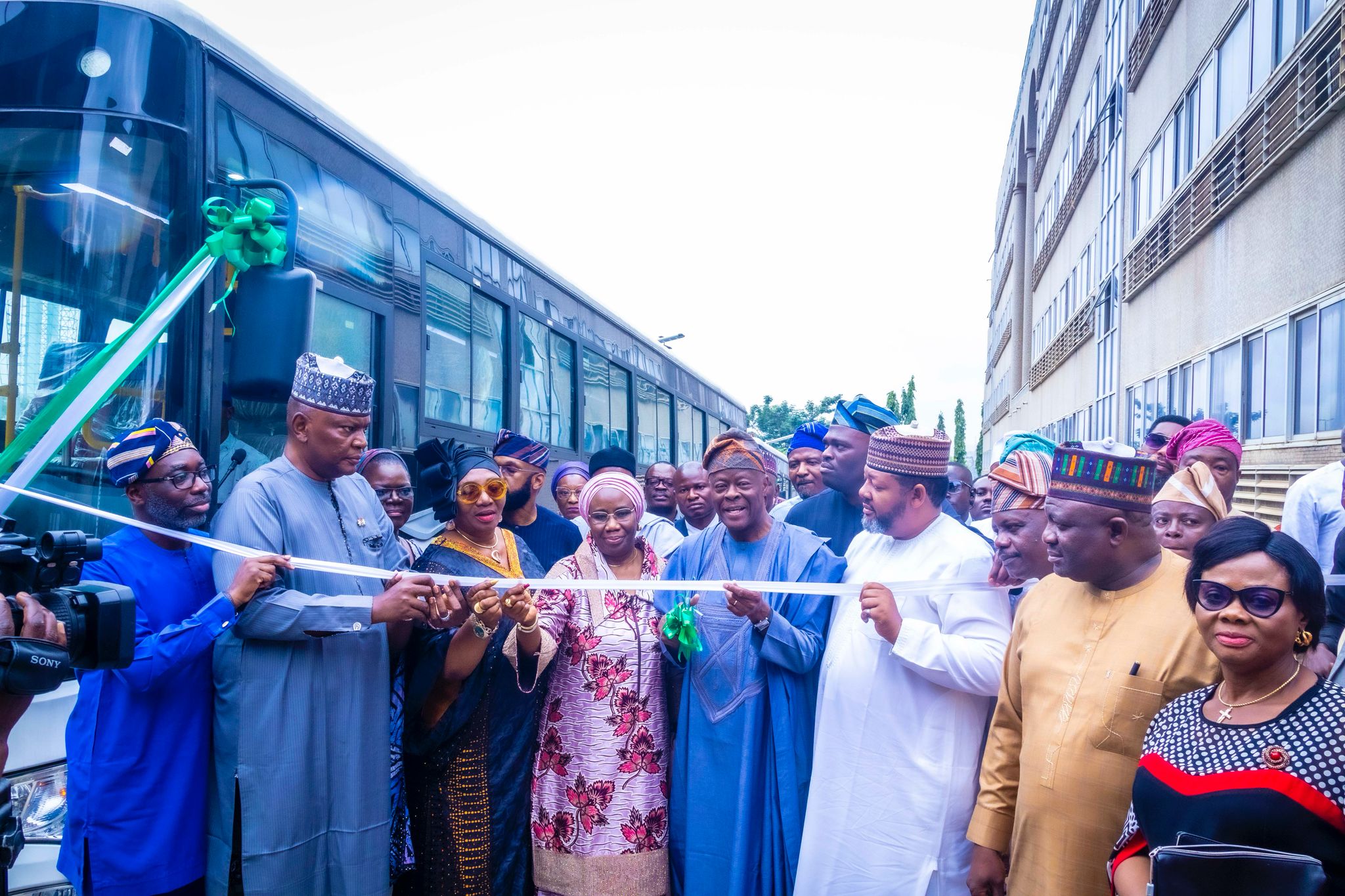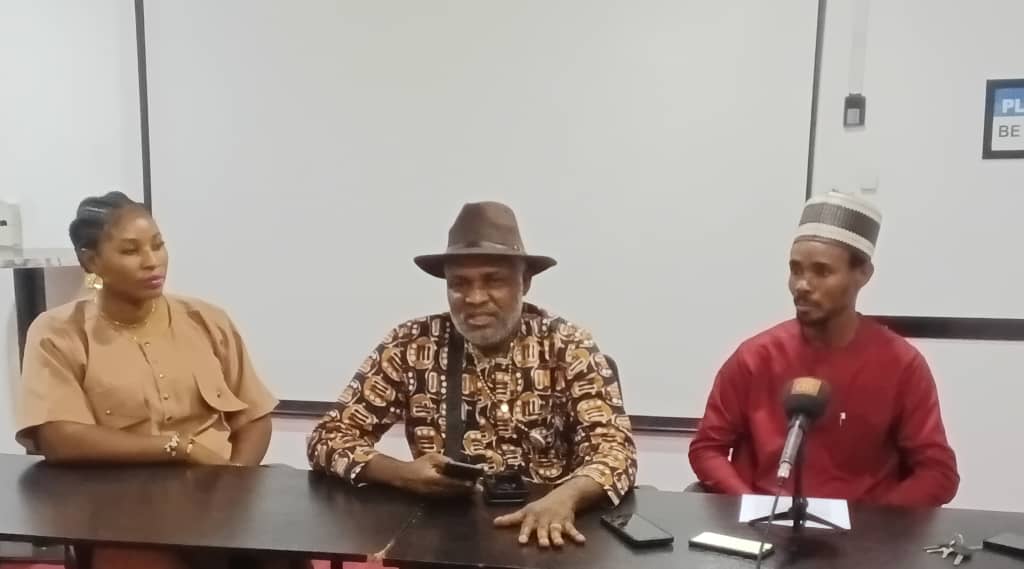***Attributes policy summersault to dearth of funding, political ideologies
By Friday Idachaba, Lokoja.
Director General, NIgeria Institute of Policy and Strategic Studies (NIPPS),Kuru Jos, Prof. Ayo Omotayo, has called on the Federal Government to review the 6-3-3-4 system of Education (introduced in 1983) to meet the present realities for the nation to move forward.

Omotayo made the call at the 5th Distinguished Lecture Series of the Federal University, Lokoja, with the theme” Policy Summersault: The Bane Of Development In Public Sector.”
The Professor of Environmental Sustainability noted that the policy which was enunciated with the primary focus of meeting the educational needs of the citizenry and equipping the youths with skills to make them self reliant had failed to meet the objectives.
The NIPPS Director-General hinted that the initial concept of the policy was also to be a blend of students with biases for technical, vocational and technological education with those having flair for academics.
He lamented that prolonged dearth of funds to adequately implement the policy had altered the concept, culminating in stunted educational progress of the nation.
“Although the policy is still running , it has deviated from the original concept as poor funding has affected its continued relevance”, he said.
He added that the policy should either be scrapped or reviewed with due cognizance of the current realities and educational needs of the country.
Omotayo stated that for the policy to be effective through all the governments in power should endeavour to codify policies into law as a means for the citizenry to hold government accountable for its breach.
He added that enacting policies without backing them by law was the major cause of policy abandonment and Summersault, resulting in loss of resources and general discontentment with government programmes.
The DG explained that cognizance must be taken of certain factors such as political consideration, geographical location, religion, funding and the hydra-headed issue of corruption in policy formulation to avoid failures.
He stressed that most policies are formulated without considering these variables, causing distortions and ineffectiveness adding that lack of awareness and low intellectual capacity of the people at the grassroots and targeted beneficiaries of the policies have always constituted a hindrance.
Other inhibiting factors according to him, include lack of ideology by political parties and biases in leadership to issues and projects saying that these had always fueled policy failures.
He stressed that policy summersault has both positive and negative impact on the society as ”Policy can Summersault to correct a poorly formulated policy” adding that policies require constant reviews to measure their impact and if necessary, be either “discontinued or modified.”
Omotayo urged Nigerians to avoid tackling issue of corruption with “blame game”, as he called on the electorate to elect people with capacity and capability into positions of authority and tasked politicians to always have vibrant political ideologies.
He commended the management of the Federal University Lokoja for instituting the Distinguish Lecture Series which, he noted, had brought together the Gowns and Towns and called for sustained effort in proffering solutions to societal challenges.
Meanwhile, the vice chancellor of the University, Prof. Olayemi Akinwunmi, said the topic of the lecture was carefully selected as the nation is faced with multiple policy failures dotting the length and breadth of the country with abandoned projects and programmes.
“In Nigeria, like in many nations, the public service acts as the engine driving the implementation of policies and programs. Any inconsistency or abrupt shift in policy direction can have profound effects on our developmental efforts.
“The exchange of ideas and perspectives is fundamental to our growth as a society”, he said, adding that the lecture had contributed significantly to “our understanding of the complexities surrounding policy development in Nigeria service.”
Akinwumi commended the guest lecturer for the thought provoking scholarly treatment of the subject matter and charged each and every one to contribute their quota to the development of the nation, saying the challenges facing the nation are surmountable. (Ends)




